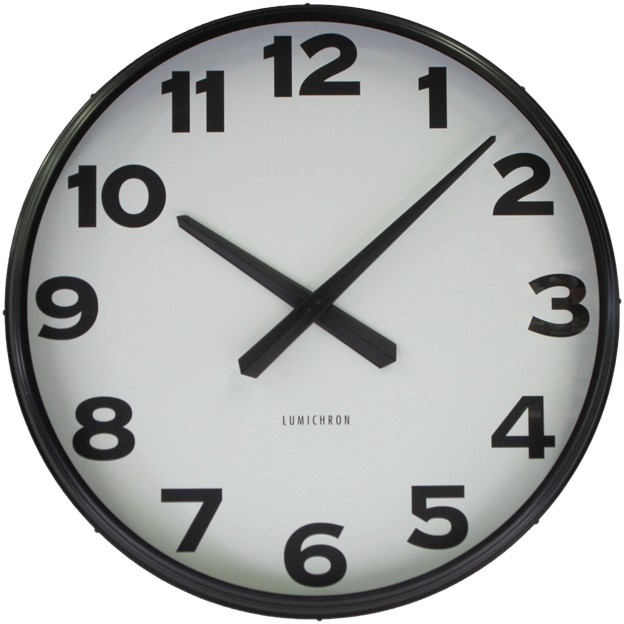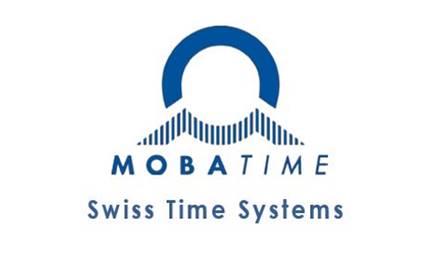

Daylight Saving Time Change Sunday March 13, 2022
The twice-a-year ritual of changing our clocks happens again on Sunday at 2 a.m. Like traveling east instead of west, it is so much harder to “spring” forward — and lose an hour -than to “fall” back – and gain an hour. Or maybe that’s just because I’m often running late?!
Long ago, before atomic and electronic clocks,computers, smartphones, etc. all clocks needed to be manually reset when daylight saving time rolled around . Now it’s automatic, even for most appliances.
Have you ever wondered why the United States and more than 70 other countries observe daylight saving time? I just went into a deep dive reading about it, but even more interesting is the fact that people are quite adversely affected by this time change.
Did you know? A One Hour Time Change Can Affect Your Health & Mood
Many people experience a multitude of side effects that can last for several days. How Daylight Saving really affects you depends upon your own personal health, your sleep habits and your lifestyle. Studies have linked Daylight saving time change to increased traffic accidents, higher rates of stroke, and a bump in heart attacks.
“Consistency in the timing of when we sleep and wake is every bit as important as the duration of the time we sleep, and there is plenty of research on the adverse effects,” says Charles Czeisler, MD, chief of the Division of Sleep and Circadian Disorders at Brigham and Women’s Hospital in Boston. An hour more of sleep, as is easily possible in the fall daylight saving time change, has health benefits. An hour of sleep lost, as when we lose an hour for spring daylight saving time change, can have a negative effect on overall health.
“Most people think an hour would be inconsequential,” Czeisler says. “And it’s true that we can adjust. But even that small adjustment does have consequences.”
Daylight Saving was started to conserve energy
Daylight saving, which was started to conserve energy, forces our internal clocks to compete with our watches. Inside the brain’s hypothalamus is a “master” called the suprachiasmatic nucleus (SCN), which uses hormonal and chemical signals to sync time throughout the body.
Our internal clocks regulate processes including liver function, the immune system, and our body’s physiology, which means any disruption can have significant effects.
In a 2015 study published in Sleep Medicine, researchers compared the rate of strokes during the week after daylight saving to the rate 2 weeks before or 2 weeks after. They found the rate was 8% higher the first 2 days after the shift, and people with cancer were 25% more likely to have a stroke than during other times of year. People over 65 were 20% more likely.
A 2019 report found a higher risk of heart attack after both time changes, but particularly during daylight saving.
Interruptions to circadian rhythm can also impair focus and judgment. A 2020 study found fatal traffic accidents increased by 6% in the United States during daylight saving time.
Most noticeably, Daylight Saving can throw off your circadian rhythm and hence your sleep cycle. A rule of thumb is that for each hour of time change, it takes a day to adjust. So, if you get seven to eight hours of sleep and go to bed a little early the night before, you should wake feeling refreshed. However, if you already lack sufficient sleep, you might wake feeling sleep-deprived.
You have a few days to plan ahead for the hour of sleep we’ll lose on Sunday when going to DST. Standard time returns November 6.
A good way to adjust more quickly and easily, either when traveling across time zones, or for daylight saving time changes, is to get plenty of daylight and to limit exposure to bright light after dark. Our circadian rhythm is influenced by environment, behavior and even medications. Light is a principal environmental cue, and light suppresses the secretion of melatonin, a natural sleep-inducing substance.
There is one benefit to losing an hour in the spring: daylight is shifted to the evening, a time when it is easier to get outside.
Bonus: Daylight for an extra hour in the evening
Starting Sunday, that one hour of daylight is basically shifted from morning to evening as daylight saving time begins. So get out and enjoy the extra hour of sunlight in the evening – a bonus of moving time one hour forward. Also, sunlight boosts your serotonin level, which elevates mood.

